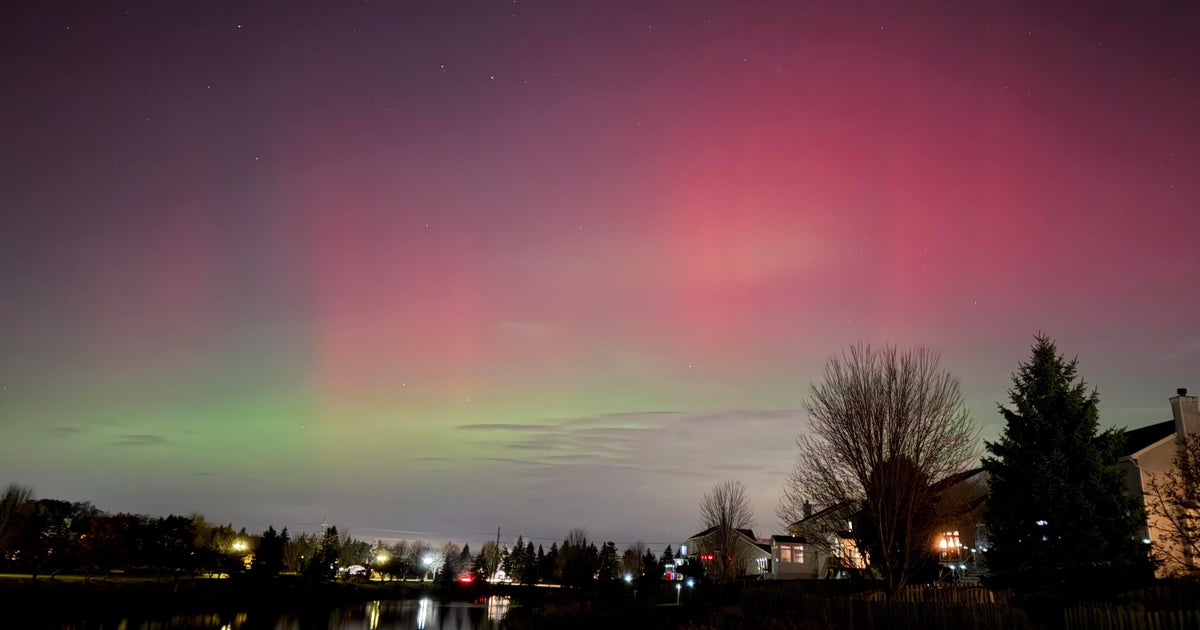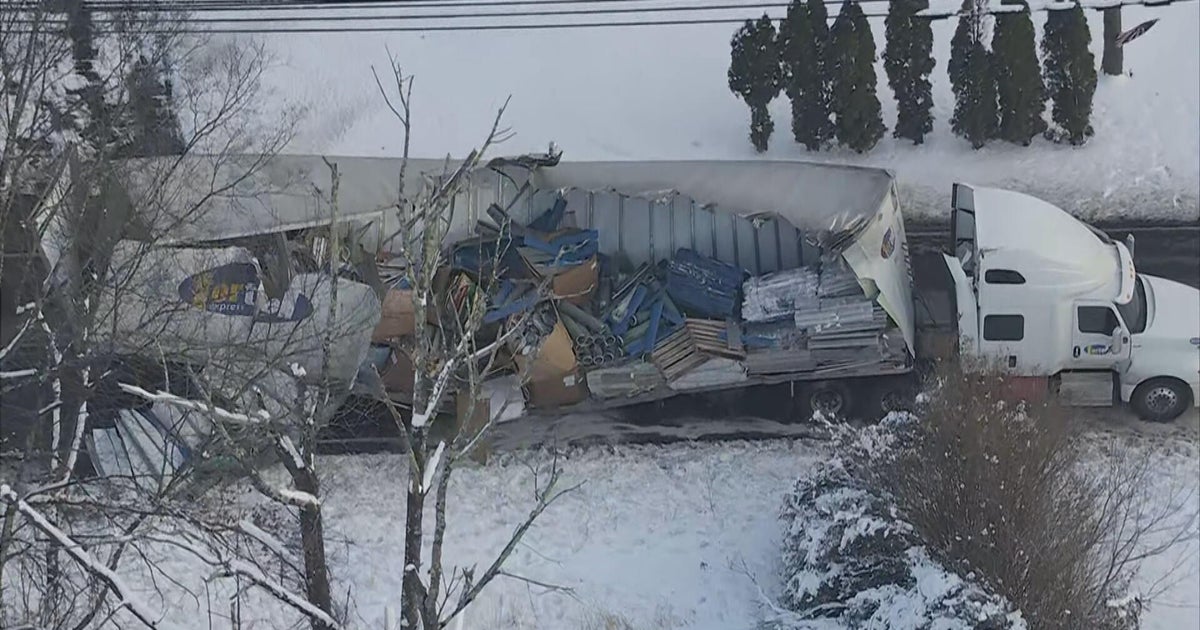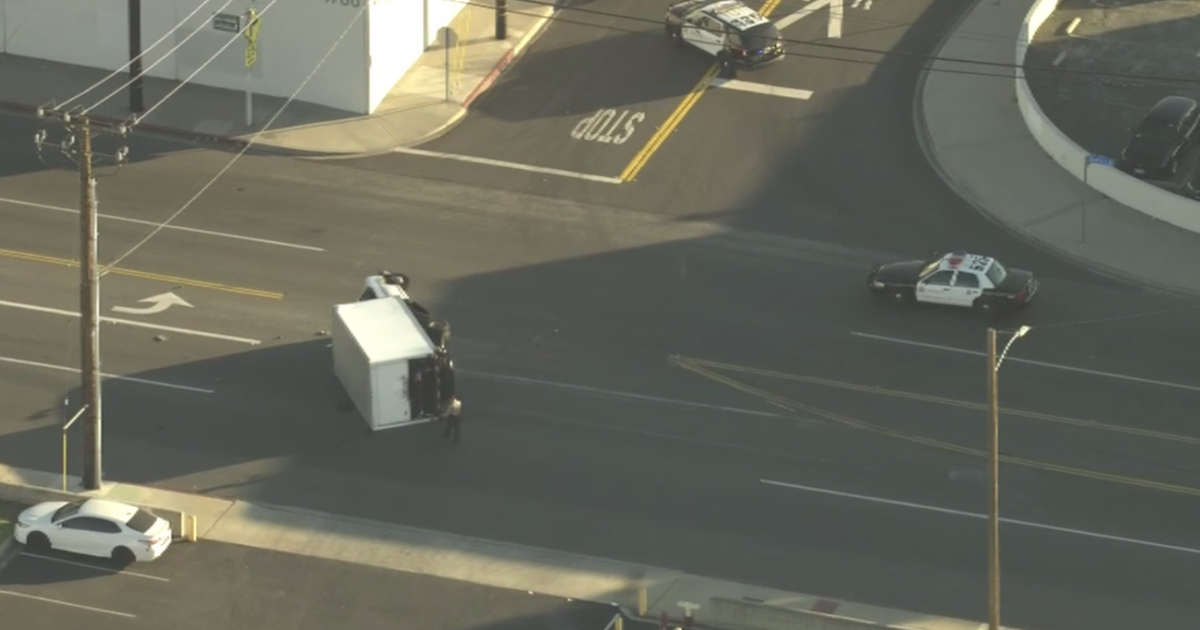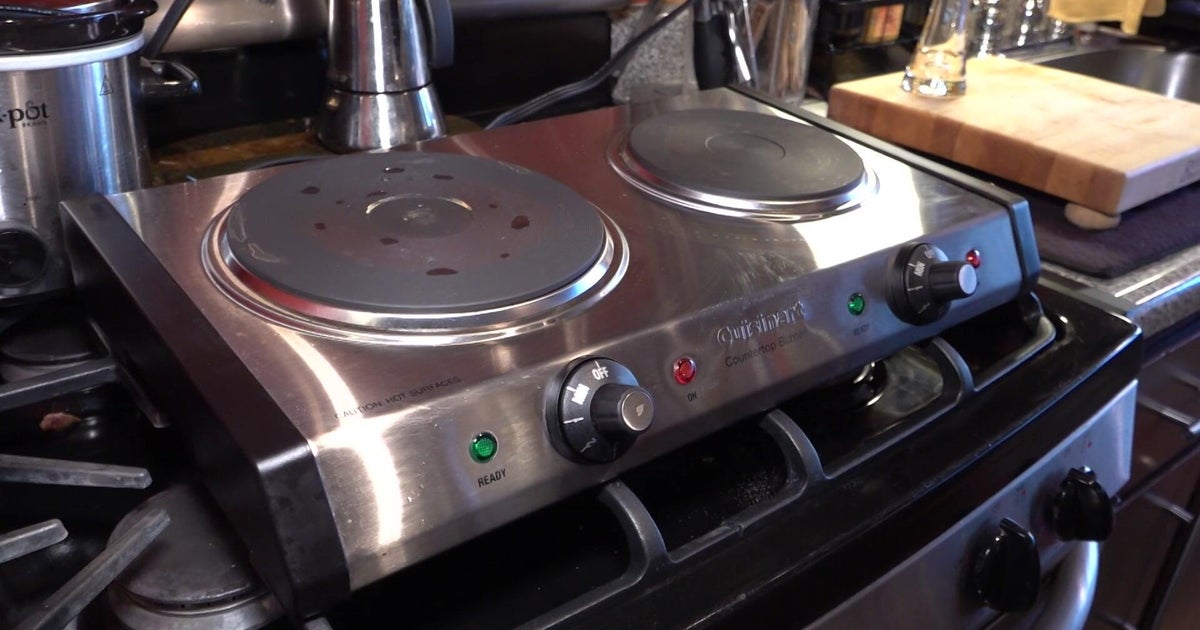Illinois Supreme Court denies bid to halt Bring Chicago Home tax referendum
CHICAGO (CBS) -- The Illinois Supreme Court on Wednesday declined to take up an appeal from opponents of the Bring Chicago Home referendum to raise taxes on high-end property sales in Chicago, meaning votes on the measure will be counted in next week's election.
The Building Owners and Managers Association of Chicago (BOMA) and several other real estate and business groups on Monday filed a petition to overturn an Illinois Appellate Court panel's ruling that had cleared the way for voters to decide the outcome of the real estate transfer tax referendum.
Wednesday afternoon, the state's highest court denied that petition, meaning the referendum will go forward, and all votes cast on the issue will be counted after polls close for Tuesday's election.
What's in the Bring Chicago Home referendum?
The Bring Chicago Home referendum asks voters to authorize the City Council to increase the tax on sales of million-dollar properties in Chicago, while lowering the tax rate for less expensive properties:
- The transfer tax for properties valued at less than $1 million would drop from 0.75% to 0.60%.
- Properties sold for between $1 million and $1.5 million would pay a 2% transfer tax, nearly triple the current rate.
- Properties sold for $1.5 million or more would pay a 3% transfer tax, four times the current rate.
The tax proposal is a signature initiative of Mayor Brandon Johnson and his progressive allies on the City Council, which voted 32-17 last November to put the binding referendum on the March ballot. Supporters have claimed it would raise approximately $100 million a year in new tax revenue to go towards the city's efforts to fight homelessness.
BOMA and other critics have argued the referendum amounts to illegal so-called "log rolling," where unpopular legislation is combined with more attractive proposals in an effort to secure popular support. In this case, opponents argued the City Council illegally combined a proposed tax hike with a proposed tax cut.
Opponents also have warned that the tax changes could further burden the city's already struggling commercial real estate market, diminish existing commercial property values, and result in higher property taxes for homeowners as the city's property tax burden shifts to residential properties.
Proposed tax plan triggered court challenge from real estate groups
Last month, a Cook County judge ruled the Bring Chicago Home referendum was invalid, and ordered the Chicago Board of Election Commissioners not to count any votes on the measure.
Last week, a three-judge panel of the Illinois Appellate Court overturned that decision, noting the judge did not explain her reasoning for invalidating the referendum, and ruled it's not the duty of courts to decide on the validity of a proposed law until the legislative process is over, noting voters have yet to weigh in on the proposed tax plan.
"Courts do not, and cannot, interfere with the legislative process," the appeals court ruling stated. "Courts are empowered to rule on the validity of legislative enactments only after they have been enacted."
Even if voters approve the Bring Chicago Home referendum on Tuesday, the City Council would still have to vote to enact the actual changes to the city's real estate transfer tax and set a date for the new tax structure to go into effect.
While the Illinois Appellate Court ruling left the door open for a potential challenge to the Bring Chicago Home tax plan if and when it becomes law, a BOMA spokesperson said they were still evaluating their next steps.
"While we are disappointed by the case outcome, it was important to contest this misleading and manipulative referendum question. This backdoor property tax hike would hurt our downtown and local neighborhoods alike, impacting homeowners, renters, union workers, and business owners large and small," BOMA Chicago executive director Farzin Parang said in a statement. "What is especially troubling is that Mayor Johnson's transfer tax hike would give the City a blank check with no accountability for improving our housing and migrant shelter crises. We continue our efforts to educate voters on the importance of voting no on this referendum on March 19."
The Bring Chicago Home coalition that has been urging voters to support the referendum hailed the Illinois Supreme Court's decision in the case.
"Our coalition knew when we launched this campaign over six years ago that big-money corporate real estate would fight us at every turn, and we were right. From emailing tenants with the threat of a rent increase to using the courts to try to stop our votes from being counted, they have consistently demonstrated that they would rather profit from the housing crisis than pay their fair share to fix it," said Doug Schenkelberg, executive director of the Chicago Coalition for the Homeless. "Fortunately, with this latest decision by the IL Supreme Court, voters now have the power to set Chicago on a new path: where big corporate landlords pay their fair share, where there is legally dedicated local funding for affordable housing and support services, and where 68,000 homeless Chicagoans have a place to call home."
Watchdog group raises concerns about Bring Chicago Home
On Tuesday, the Civic Federation, a nonpartisan fiscal watchdog group, issued a report questioning the fairness of the referendum.
An analysis from the Civic Federation found the proposed tax plan is not detailed enough to determine whether or not the Bring Chicago Home effort will sufficiently address homelessness in Chicago, or whether it would further harm the city's commercial sector and overall economic health.
The group said it fears the tax plan could further strain commercial property values in Chicago, at a time they're already struggling to recover from the pandemic, and that
"As of now, the plans for use of the funds generated by the Bring Chicago Home referendum are too unclear for any voter to sufficiently scrutinize, which means that in voting yes they are making a leap of faith that the tax will generate sufficient revenue and the City will spend those funds in a well-thought-out manner that delivers ample results for Chicago's unhoused and housing insecure populations," said Civic Federation President Joe Ferguson. "That's a position no voter should have to be in."
Meanwhile, the graduated real estate transfer tax will induce further financial strain on many commercial properties whose values have yet to recover from the pandemic. This could have implications for the retention and recruitment of businesses in the City as well as the generation of new business, which translates to jobs."
However, the Civic Federation stressed it is not recommending how Chicagoans should vote on the measure, only expressing its concerns there isn't enough public information about the tax plan for voters to make an informed decision.
A statement from Mayor Brandon Johnson's office on Wednesday thanked the Civic Federation for its input, but said the administration disagrees with the group's findings.
"Over 68,000 Chicagoans are currently experiencing homelessness, and the City needs flexible, dedicated revenue to create long-term, structural solutions to address this challenge," Johnson's office said. "There are many factors that contribute to the volatility of the real estate market. There is little concrete evidence at this point that this one-time marginal tax at point-of-sale would have a major negative impact on the industry."








